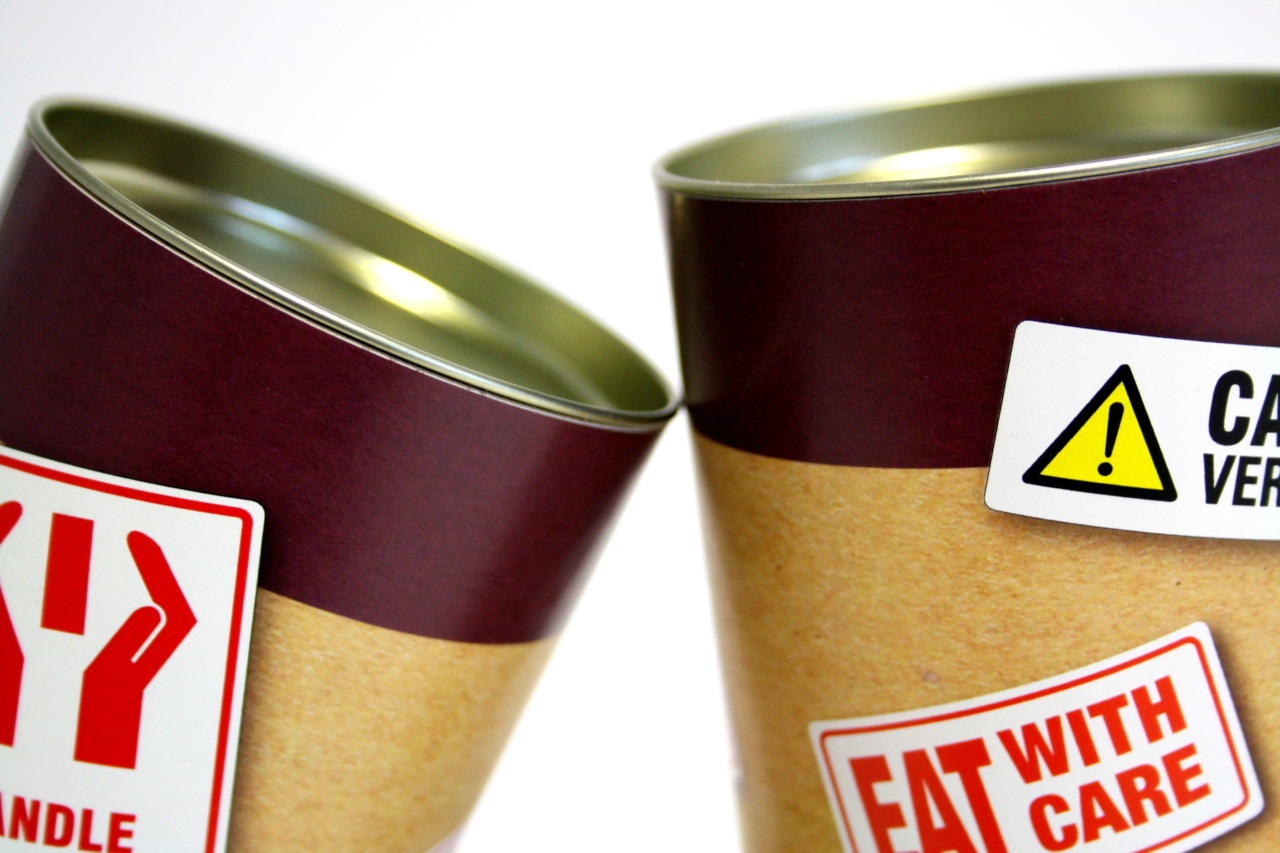The European Food Safety Authority (EFSA) has issued a warning concerning carcinogenic substances in food. The authority has stated that certain chemicals, found in both natural and processed food, can cause cancer in humans.
EFSA has identified several chemicals that are particularly dangerous and has recommended measures to reduce exposure to them.
What are Carcinogens?
Carcinogens are substances that have the potential to cause cancer. They can be found in a variety of sources such as tobacco, certain chemicals, and even some viruses.
When the body is exposed to carcinogens, it can damage DNA and other genetic materials, which can lead to the development of cancerous cells. Individuals may not develop cancer after being exposed to carcinogens, but the risk of developing cancer increases with an exposure that lasts for a long period of time.
Chemicals to Watch Out for in Food
A number of chemicals can be found in natural and processed food that have the potential to cause cancer. Studies have shown that the following chemicals are particularly dangerous:.
1. Aflatoxins
Aflatoxins are produced by fungi that grow on certain crops, including peanuts, corn, and rice. The Food and Agriculture Organization (FAO) has stated that aflatoxins are among the most carcinogenic substances known to man.
Long-term exposure to aflatoxins can lead to liver cancer and other serious health problems.
2. Acrylamide
Acrylamide is a chemical that forms during the cooking of certain foods, including potatoes and bread. Studies have shown that acrylamide can cause cancer in laboratory animals, and may be linked to cancer in humans.
The World Health Organization (WHO) has recommended reducing exposure to acrylamide as much as possible.
3. Polycyclic Aromatic Hydrocarbons (PAHs)
PAHs are formed during the cooking of meat, fish, and poultry. They are also found in some types of smoked or grilled food. PAHs have been shown to cause cancer in laboratory animals, and may be linked to cancer in humans.
4. Nitrosamines
Nitrosamines are formed when certain chemicals are combined with amino acids, which are found in both natural and processed food. High levels of nitrosamines have been found in some types of processed meat, such as bacon and ham.
Nitrosamines have been linked to cancer in laboratory animals, and may be linked to cancer in humans as well.
Measures to Reduce Exposure to Carcinogens in Food
EFSA has recommended several measures to reduce exposure to carcinogenic substances in food. These include:.
1. Diversify Your Diet
Eating a variety of different foods can reduce the risk of exposure to carcinogens.
By eating a balanced diet that includes a range of different food groups, individuals can ensure that they are not exposed to high levels of any one particular chemical or substance.
2. Prepare Food Safely
To reduce exposure to acrylamide, individuals should avoid overcooking certain foods, such as potatoes and bread. Grilling, smoking, and charring food can also increase the risk of exposure to PAHs.
Preparing food at lower temperatures can reduce the formation of these molecules.
3. Be Cautious with Processed Foods
Processed foods can contain high levels of nitrosamines and other carcinogenic molecules. By reducing consumption of processed foods, individuals can reduce their exposure to these harmful chemicals.
When consuming processed foods, it is important to check labels carefully for potential carcinogenic molecules.
Conclusion
EFSA’s warning about carcinogenic substances in food highlights the importance of eating a healthy and balanced diet. Individuals should be aware of the chemicals and substances found in their food and take steps to reduce their exposure to them.
By following EFSA’s recommendations, individuals can reduce their risk of developing cancer and other serious health problems.






























